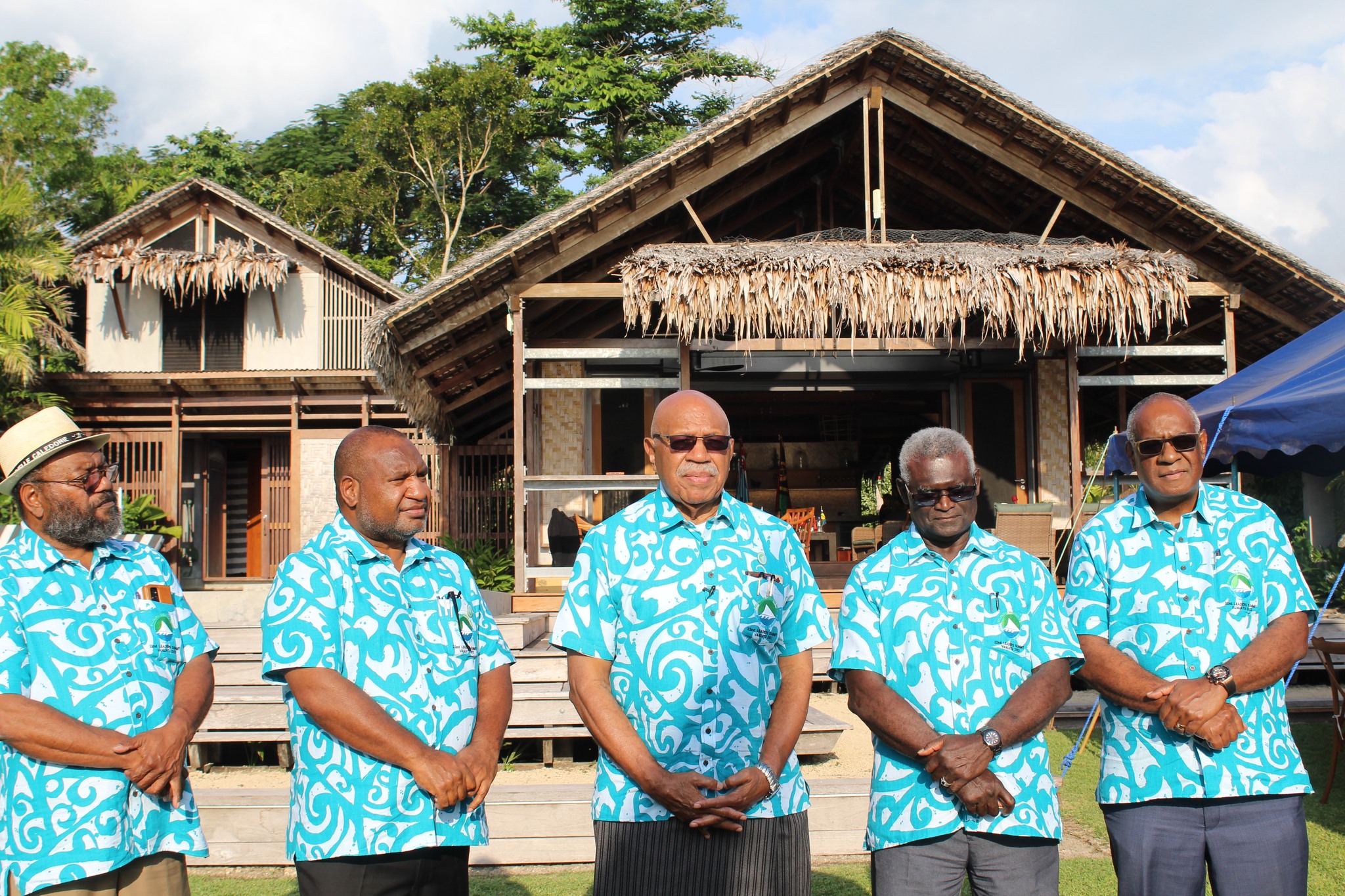The Pacific Parliamentarians Alliance on Deep Sea Mining (PPADSM) has welcomed the call by the Melanesian Spearhead Group (MSG) Leaders for a Pacific wide moratorium on deep sea mining.
Leaders from Fiji, Front De Liberation Nationale Kanak Socialiste (FLNKS), Papua New Guinea, Solomon Islands and Vanuatu agreed that no underwater seabed mining should take place in their respective jurisdictions, and called for rigorous and transparent environmental scientific research on seabed mining.
The call is part of the Udaune Declaration on climate change made by the leaders at the 22nd MSG Leaders’ Summit on the 24th of August, 2023.
In taking this position, the MSG has become the first sub-regional Pacific bloc to support a Pacific wide moratorium.
According to the Udaune Declaration, the MSG leaders acknowledge ongoing negotiations on a mining code at the International Seabed Authority (ISA), with majority of the contracts in the Clarion Clipperton Zone which is east of Hawaii and north of Kiribati territorial waters. But they called for caution as there is still very little known of the effects of seabed mining to marine ecosystems and biodiversity in areas beyond national jurisdictions.
In their Declaration, Melanesian Leaders have taken the bold step of joining widely held views that the potential risks of seabed mining will implicate global efforts to address the threat of climate emergency, which already poses an existential threat to island and coastal nations.
“We must not forget the vital ecosystem services that our ocean provides, such as capturing, sequestration and stable storage for carbon-dioxide and methane”, warned. Debbie Ngarewa-Packer of the New Zealand parliament.
Scientists say seabed mining runs the risk of disturbing stable seabed structures that have, so far, remained the largest most stable carbon and methane sinks.
“Seabed minerals are neither the absolute alternative to fossil fuel, nor the silver bullet to climate change. Insisting on either or both of these claims is nothing short of greenwashing yet another experimental extractive industry,” Ngarewa-Packer stated.
Vanuatu’s Climate Change Minister and current Chair of the PPADSM, Hon. Ralph Regenvanu said as parties to the UN Convention on the Law of the Sea (UNCLOS), “we have a mandate to protect and preserve the marine environment not just for ourselves, but for future generations and to ensure we continue to have a livable planet.”
He stressed that deep sea mining must not be allowed to commence in the absence of proper rules, regulations and procedures, with the highest assurance of protection of the ocean and all marine ecosystems. Failing this, governments must apply the precautionary principle.
Regenvanu said there is a growing political momentum for a moratorium on deep sea mining internationally and within the region.
Meanwhile, PNG’s Oro Governor Gary Juffa welcomed the MSG declaration, adding that PNG now has an obligation to reconsider initial talks on deep sea mining prospects returning to PNG’s waters.
“I call on the Marape Government to uphold this moratorium declaration and cancel all deep-sea mining permits in PNG waters and allow for proper procedures of consultation.”
The PPADSM believes that as Pacific islanders it is our moral obligation to care for our Ocean. It sustains us and gives us our identity. We must oppose all attempts that are made to advance DSM in our region.
SOURCE: PANG/PPADSMI/PACNEWS














